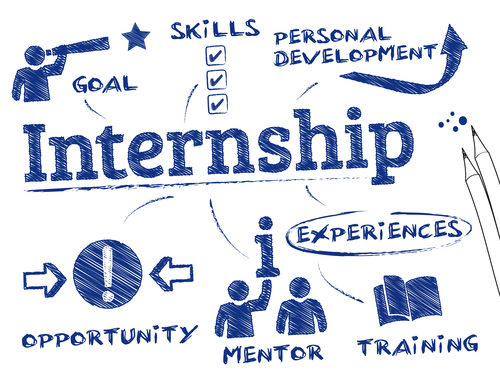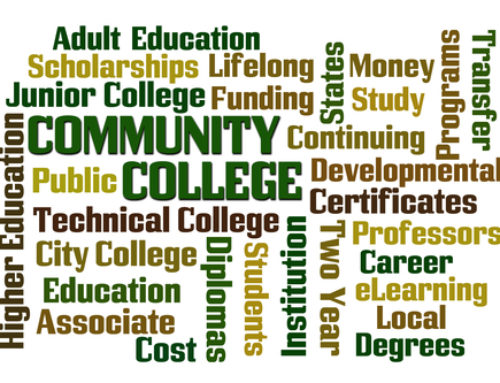 Would you believe me if I told you that the most successful people don’t get straight A’s in college? Probably not. In fact, you might look at me like I had three heads. But I’d be telling the truth.
Would you believe me if I told you that the most successful people don’t get straight A’s in college? Probably not. In fact, you might look at me like I had three heads. But I’d be telling the truth.
In a recent New York Times column, Dr. Adam Grant, a professor at the University of Pennsylvania’s Wharton School of Business, laments that today’s college students are so obsessed with getting perfect grades. Chances are, Dr. Grant’s students were at the top of their high school classes; they probably wouldn’t have been admitted to Wharton if they hadn’t been. So it makes sense that they would come to college with the same drive for perfection, perhaps spurred by a belief that a 4.0 GPA will guarantee them a spot at the top graduate schools or the most prestigious Wall Street firms.
While straight A’s might get you in the door to grad school or a job, they will in no way guarantee your success. Grant writes, “Academic excellence is not a strong predictor of career excellence. Across industries, research shows that the correlation between grades and job performance is modest in the first year after college and trivial within a handful of years.” Within the text are links to relevant research.
Grant argues that grades typically do not reflect many of the characteristics required for career success, such as teamwork, creativity, leadership skills, and emotional intelligence. Additionally, he says students who aim for straight A’s are less likely to stretch themselves by taking more challenging courses and courses in subjects with which they are unfamiliar. Thus, they might miss out on opportunities to learn new things or discover passions they didn’t know they had. And, as Grant points out, these students also will be less likely to struggle and fail, which can help people build resilience — another key trait for success.
In December, The Wall Street Journal published an article about colleges that are trying to normalize failure, with the goal of teaching resilience. Not only do today’s college students feel pressured to get perfect grades, but due to the overwhelmingly positive nature of most social media posts, some may feel like all their friends are living perfect lives. This can make the experience of failure even more disheartening.
The WSJ article cites a 2018 survey that “found that 52% of undergraduate respondents said academics had been ‘traumatic or very difficult to handle’ within the prior 12 months, the highest rate since at least 2009.” Indeed, much has been written in recent years about the increase in anxiety and depression among college students and colleges’ efforts to provide services to meet students’ needs.
In response, some colleges are providing venues for students (and sometimes faculty) to share their failures so they can see they are not alone. For example, the University of Montana has “Best Fail Ever” bulletin boards, on which students can write about their failures, and Colorado State University hands out stickers with quotes about resilience. Even highly selective schools, like Vanderbilt and Princeton, have workshops and websites for students and faculty to discuss their failures.
Not only do straight-A students have fewer chances to develop resilience, they might miss other opportunities for personal growth. I have long felt that what college students learn outside the classroom is just as important as what they learn inside it. If you are hyper-focused on studying, you may forego developing close friendships, joining clubs, or participating in college social life. Furthermore, you might not hear about or take the time to apply for an internship or program that not only could enrich your academic experience but could help you become more competitive for a job after college.
At the end of his NYT column, Grant offers advice to colleges, graduate schools, employers, and students on how to combat the straight-A frenzy so that students can have a college experience that better prepares them for a successful career and life.





